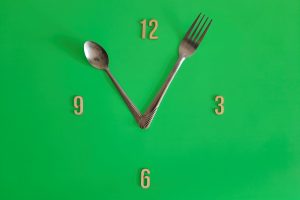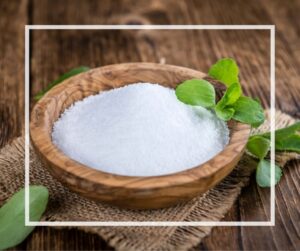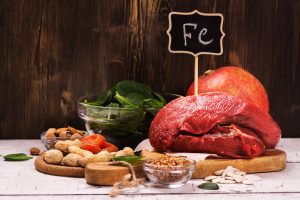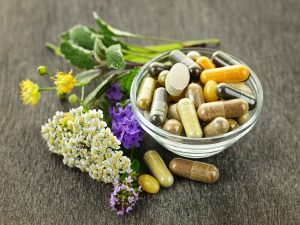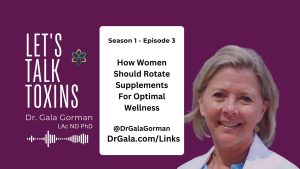If you’re considering supplementing with zinc and vitamin C, you may have read that they are vital for maintaining good health. Vitamin C acts as a powerful antioxidant and boosts the immune system, while zinc is essential for generating energy and sustaining muscle health.
You can find these nutrients in a variety of foods like oysters, seeds, oranges, and chickpeas. Excessive consumption can lead to unpleasant reactions, so you shouldn’t overdo it.
Consuming a diet rich in nutrients is typically more beneficial and easier for your body to regulate. The delicate equilibrium between your body’s needs and what you consume is crucial.
Dr. Gala’s Quick Take
Yes, before you take zinc and vitamin C, know they can boost your immune system but might cause stomach upset. It’s important to use them in moderation and with proper dosage.
How Zinc And Vitamin C Work In The Human Body
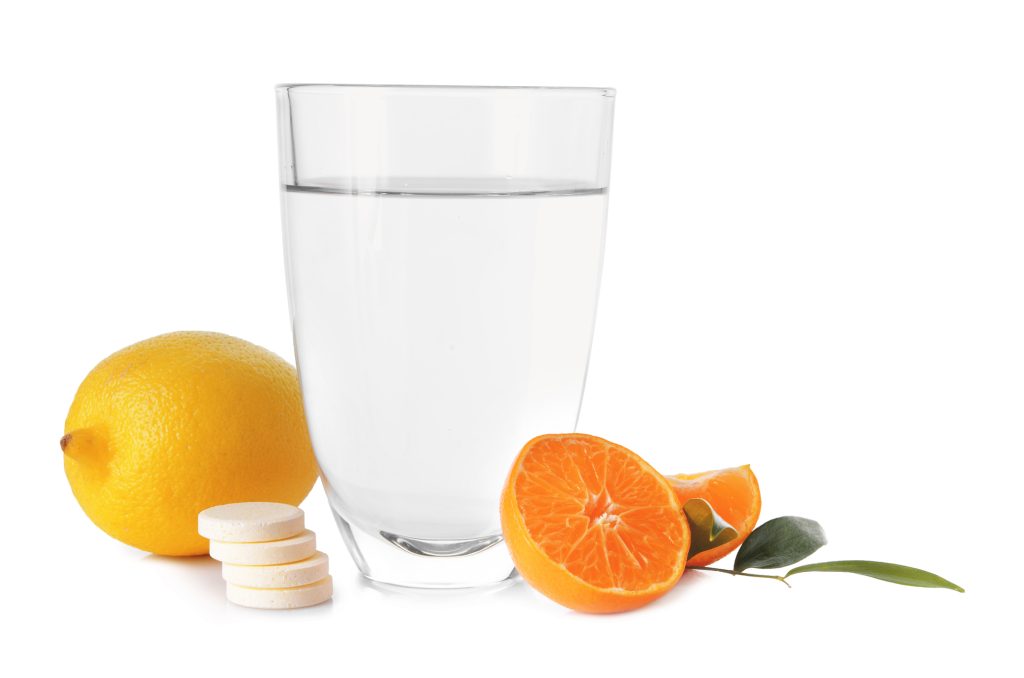
Zinc and vitamin C preserve your health. They shield cells from harm, aid in energy creation, and boost immune function.
Vitamin C, a robust antioxidant, protects your cells from damaging free radicals that could be harmful. It’s also key in the creation of white blood cells, your body’s primary defense against infections and diseases. Since it’s water-soluble and can’t be stored in your body, you need a daily dose to maintain prime health.
Zinc is a multi-faceted player. It helps in breaking down carbohydrates and proteins, supplying your body with the energy it requires to tackle your day. It’s important for muscle upkeep and wound healing, strengthening your body’s resilience. Zinc also encourages cell growth and prevents immune system flaws. It can even protect against skin diseases.
These vital nutrients aren’t just additives; they’re fundamental for your immune support and overall health. Together, zinc and vitamin C are your loyal partners in the pursuit of wellness.
Best Food And Natural Sources Of Zinc And Vitamin C
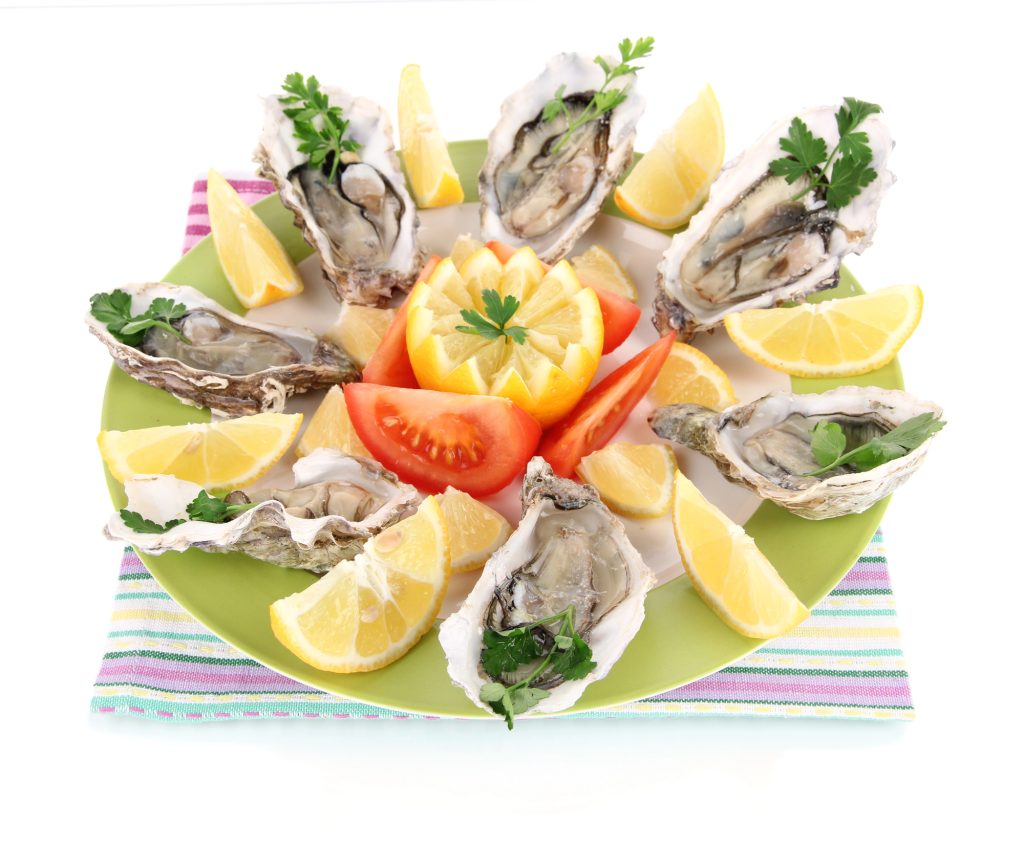
With an emphasis on mindful eating, it’s easy to find natural sources of zinc and vitamin C.
From zinc-abundant picks like oysters, or beef or legumes, to vitamin C packed citrus fruits and bell peppers, there’s a feast of nutrient-filled foods ready to enhance your health.
Regardless of whether you’re a meat-lover or a vegetarian, don’t worry, we’ll also share tips on how to cook while preserving these crucial nutrients.
Zinc-Rich Dietary Choices
Boosting your immune health can be as simple as incorporating zinc-rich foods like oysters, beef, and pumpkin seeds, along with vitamin C-rich options like chickpeas, oranges, and strawberries into your daily meals. Think of it as not just feeding your body, but also empowering it to fend off diseases.
Opt for these dietary choices over supplements, as your body absorbs nutrients from food more efficiently, making it a superior source of essential elements. Plus, you’ll get a variety of antioxidants and other health-boosting compounds.
Top Vitamin C Foods
While feeding your body with foods like beef and pumpkin seeds for their zinc content, remember to also fill up on fruits and veggies that are packed with vitamin C.
Citrus fruits like oranges along with strawberries and kiwis are great sources of vitamin C. Even common veggies like bell peppers, broccoli, and tomatoes can greatly boost your vitamin C intake.
Consider other plant-based sources too. Legumes like chickpeas, lentils, and beans are packed with both zinc and vitamin C.
Including a variety of zinc foods and vitamin C-rich foods into your diet is critical for a robust immune function. A healthy immune system is ready to take on any pathogen that you come into contact with.
Balancing Zinc and Vitamin C
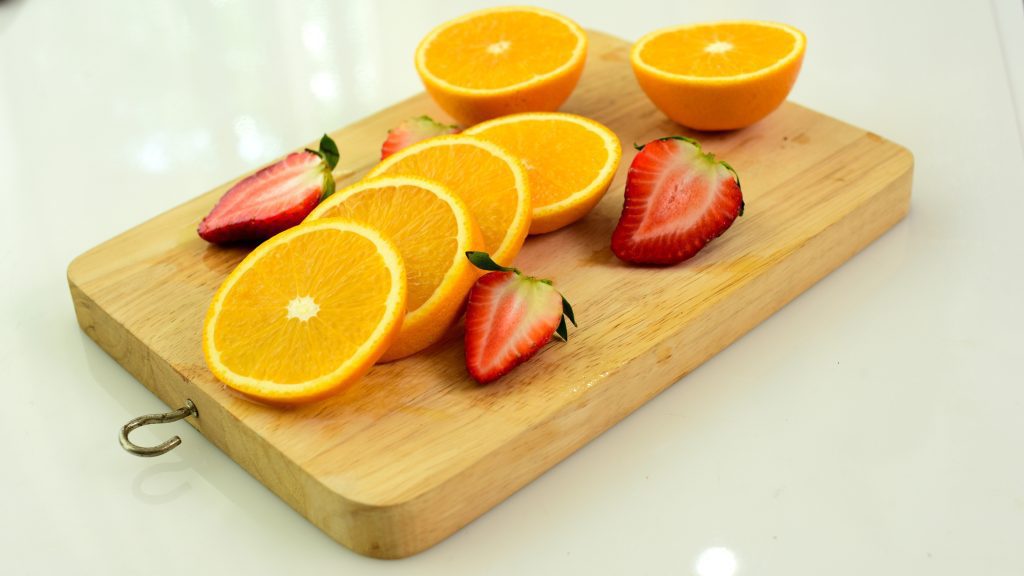
With anything in life, balance is important. This is true with zinc and vitamin C too.
Balancing your intake of zinc and vitamin C is easy when you use the best food and natural sources.
Citrus fruits like oranges, along with strawberries, are overflowing with vitamin C, while oysters and beef are superb sources of zinc. Including bell peppers and kiwi in your diet can also ensure you’re getting enough vitamin C.
Eating a variety of these nutrient-dense foods can help maintain perfect levels of these essential elements. It’s not just about supplements; it’s about establishing a careful harmony.
Your body will take what it needs and discard what it doesn’t if vitamins and minerals are ingested thoughtfully.
Vegetarian Sources of Zinc
You don’t have to depend entirely on meat or seafood to meet your zinc requirements. There are countless vegetarian foods rich in zinc that can keep you nourished and healthy.
Legumes are a great addition to your diet. Chickpeas and lentils are outstanding vegetarian sources of zinc.
Don’t overlook the power of nuts and seeds, especially pumpkin seeds and cashews.
Whole grains, notably quinoa and brown rice, are robust vegetarian sources of zinc.
Dairy alternatives, like fortified plant milks, boost your zinc intake while allowing you to maintain a healthy dairy-free diet
And for a delightful twist, dark chocolate and mushrooms are additional vegetarian sources of zinc.
Energize your body with the best nature has to offer.
Cooking for Nutrient Retention
Maintaining the density in nutrient-rich foods can be tricky, but don’t stress – understanding the right cooking techniques can help maintain the essential vitamin C and zinc (along with other nutrients in the food source). Your body needs all of these nutrients to maintain optimal health. Cooking methods like steaming and stir-frying are your friends … preserving nutrients … especially with colorful fruits and vegetables.
Citrus fruits, rich with vitamin C, are best enjoyed fresh to boost your intake. Zinc-packed foods like oysters, beef, and pumpkin seeds can be incorporated into your meals seamlessly. Try roasting meats to keep their zinc content intact. Using lower temperatures preserves nutrients.
Identifying Zinc and Vitamin C Deficiency

If you know what to look for, you can spot the signs of zinc and vitamin C deficiency. Symptoms like fatigue, easy bruising, and slow wound healing aren’t merely minor setbacks; they’re indicators of a vitamin C deficiency. Likewise, if you’re noticing hair loss or a weakened immune system, you could be facing a zinc deficiency.
Blood tests or hair analysis can confirm a deficiency. These evaluations are important if you believe you’re getting enough of these essential nutrients in your diet. What you eat plays a pivotal role in your health. Limited consumption of fruits and vegetables can trigger a vitamin C deficiency, while a diet lacking in animal products could lead to a zinc deficiency.
Recognizing these signs early on is the key to preserving your overall health. If you recognize these symptoms, don’t ignore them. Develop awareness and take command of your health.
You’ll not just prevent further issues but also boost your vitality. Your health journey is a marathon, not a sprint. It’s about understanding your body’s needs and nurturing it accordingly.
Benefits Of Supplementing With Zinc And Vitamin C

You may be thinking,” Can’t I just supplement with zinc and vitamin C so I don’t have to think about it?”.
Both zinc and vitamin C have a potent impact and are responsible for bolstering your immune health and overall wellness. They aren’t just vital nutrients; they amplify your immune function, acting as your body’s primary protectors.
It’s understandable that you want to make sure you don’t have a deficiency. Zinc is a mineral and can become toxic if overused. And some are sensitive to the acid in vitamin C. So, you don’t want to overuse either of these nutrients if you’re supplementing.
Here are some persuasive reasons why supplementing with zinc and vitamin C should be considered to meet a short-term deficiency.
- They’re critical antioxidants. Vitamin C is famous for counteracting damaging free radicals, while zinc strengthens your immune function.
- Zinc is an essential mineral, accountable for over a hundred enzymes in your body. It’s a real dynamo!
- Vitamin C plays a pivotal role in maintaining your immune health. It’s an indispensable ally in your wellness journey.
- Employing zinc and vitamin C together can help ward off other deficiencies by improving cellular function, ensuring your body receives these vital nutrients.
With their united power, zinc and vitamin C all but guarantee your immune system will be appropriately supported.
Cautions If You’re Considering Supplementing with Zinc And Vitamin C

While exploring the benefits of zinc and vitamin C can enhance your immunity and overall well-being, it’s equally important to proceed with caution and be knowledgeable about potential risks and precautions.
Supplementing with these nutrients isn’t a one-size-fits-all strategy. You must consider your unique health profile and circumstances.
Be aware of potential interactions with other medications or any existing health conditions you may have. For those of you who are pregnant or breastfeeding, it becomes even more crucial to seek medical advice before taking these, or any, supplements.
Keep a watchful eye out for any negative side effects or allergic reactions when introducing zinc and vitamin C into your routine. Follow the recommended dose and never go beyond the upper limits unless you’re under the supervision of a professional. Remember, more isn’t always better.
Final Thoughts
So, what’s the final verdict when considering adding zinc and vitamin C for your health? This dynamic duo offers many benefits, particularly when it comes to boosting your immune system. It’s crucial to approach this potent combo with knowledge and caution.
Here’s a few things to keep in mind:
- Taking advantage of the cooperative effects of zinc and vitamin C is vital. Utilized together, they can amplify immune support and overall wellness.
- Dosage and timing are significant. Overdoing it can negatively impact your health.
- Don’t ignore potential side effects. Although generally safe, both zinc and vitamin C can cause discomfort and vitamin/mineral imbalances if not consumed properly.
You’ve gathered quite a bit of knowledge here about zinc and vitamin C, from understanding their function in your body, to identifying the best natural food sources, recognizing signs of deficiency, advantages, and precautions.
Remember, you’re creating internal harmony.
“If you came into my office, I’d ask you a lot of questions that would help us connect the dots … so that together we can deal with your toxic stress.
Every situation is unique and you need a plan that works for you. Not a one-size-fits-all solution.
If you’re thinking you can’t come into my office, don’t worry. I’ve created a program with all of my initial recommendations to help you unravel the mystery. You can use it at home and at your convenience.
So if you’re thinking that managing chronic stress just isn’t possible … or even the answer … for you, I want to show you what you may be missing.
And how you can identify the toxic stressors that are creating your symptoms with my Human Energy System Reboot. You can get started HERE.” – Dr. Gala


